CEFIJAB-O is the fusion of Cefixime And Ofloxacin tablets. Cefixime is being used to treat a wide range of bacterial infections, including those that affect the eyes, ears, lungs, nose, kidney, and other external and internal organs. This antibiotic is classified as cephalosporin. It works by inhibiting the development of bacteria by preventing them from forming a protective wall. This antibiotic exclusively addresses bacterial illnesses. It is ineffective against viral illnesses such as the common cold and flu. Ofloxacin prevents germs from multiplying and mending themselves. Ofloxacin and Cefixime tablets efficiently cure infection when used together.
Precautions For Cefixime And Ofloxacin Tablets
Cefixime And Ofloxacin tablets are taken after having the meal to prevent stomach ache or distress. Take this daily as prescribed by the doctor for better results. Do not skip any of the dose of the course otherwise the patient will not recover from the infection.
Side Effects Of Ofloxacin and Cefixime Tablets
Ofloxacin and Cefixime tablets are typically well-tolerated, and side effects are uncommon. Individuals who are hypersensitive to ephedrine may have tachycardia, palpitations, headache, dizziness, and nausea. Fear, anxiety, restlessness, tremor, weakness, dysuria, sleeplessness, hallucinations, and convulsions have all been linked to the use of sympathomimetics.
Contact For Cefixime And Ofloxacin Tablets Manufacturing And Supply
Established in 2012, Jabs Biotech has left a significant benchmark of its presence in the market. We have an ISO certification and work by adhering to all WHO and GMP rules and regulations. Our company is a well recognized Cefixime And Ofloxacin tablets manufacturer and supplier. Our organisation is backed by Well-qualified staff and also offers PCD Pharma Franchise for Ofloxacin and Cefixime tablets on a monopoly basis. All our products are approved by the DCGI and FSSAI. Apart from this, these are some of the key qualities of our manufacturing plant where our products are manufactured.
- Our manufacturing unit is well-equipped with advanced machinery and other tools.
- And they get oiled and serviced weekly by our mechanical engineers to perform better.
- We sanitized the unit usually to keep the unnecessary particles such as germs away from the workplace.
- The R&D team at our unit brings the new products by working on new compositions and that helps us to stay tuned in the market.









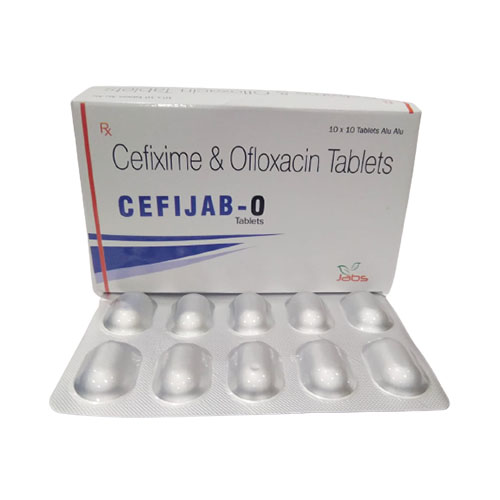
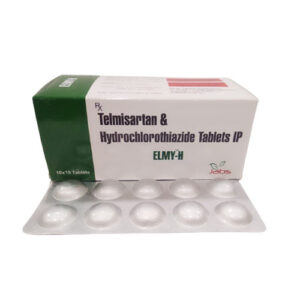
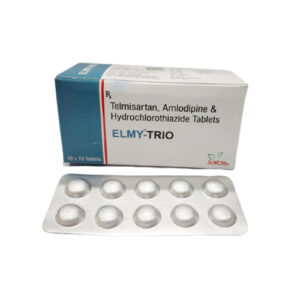
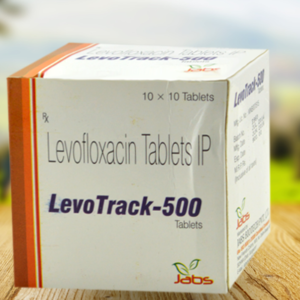
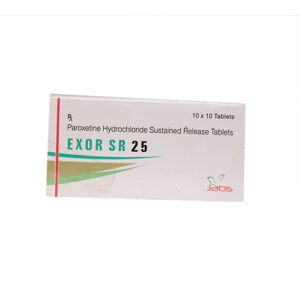
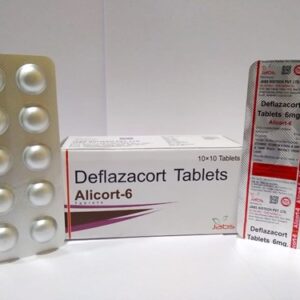
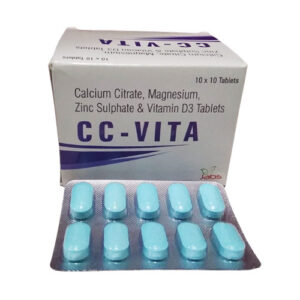
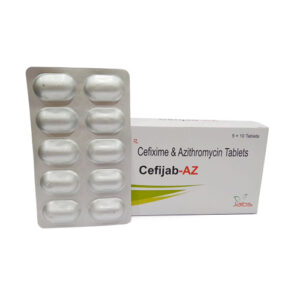
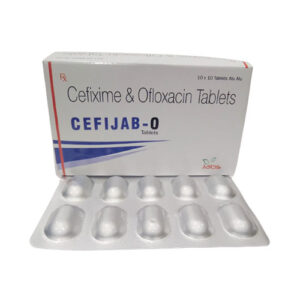
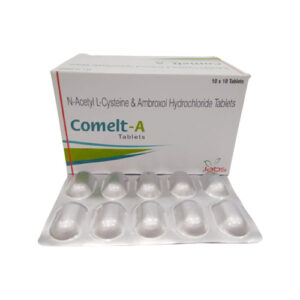

 call us
call us whatsapp
whatsapp Contact Us
Contact Us